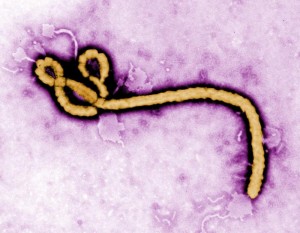Just days after the university student from Guinea has recovered from the Ebola Virus Disease (EVD) in Dakar, Senegal, the World Health Organization (WHO) reports the situation remains stable in the African country.

The situation in Senegal, which confirmed its first case of Ebola virus disease on 29 August, remains stable. To date, 67 close contacts of the initial case have been identified and monitored twice daily. Contacts have remained in their homes, usually with their families, where they are checked twice daily for symptoms and tested if symptoms develop. Some contacts have resisted monitoring, but none has been lost to follow-up.
2 of these contacts who developed symptoms were tested for Ebola. Test results were negative. An additional 3 suspected cases across the country were also tested, with negative results.
Starting from 29 August, forty-two days – twice the maximum incubation period – must pass with good surveillance in place and no additional cases reported, before WHO can declare Senegal transmission-free.
However, intense virus transmission in other countries within the sub-region creates a high risk that Senegal will experience additional introductions of Ebola cases. For more infectious disease news and information, visit and “like” the Infectious Disease News Facebook page
The investigation in Senegal benefits from the presence of an Institut Pasteur laboratory in Dakar, where the initial case was identified. This WHO-approved collaborating centre has excellent facilities and staff.

